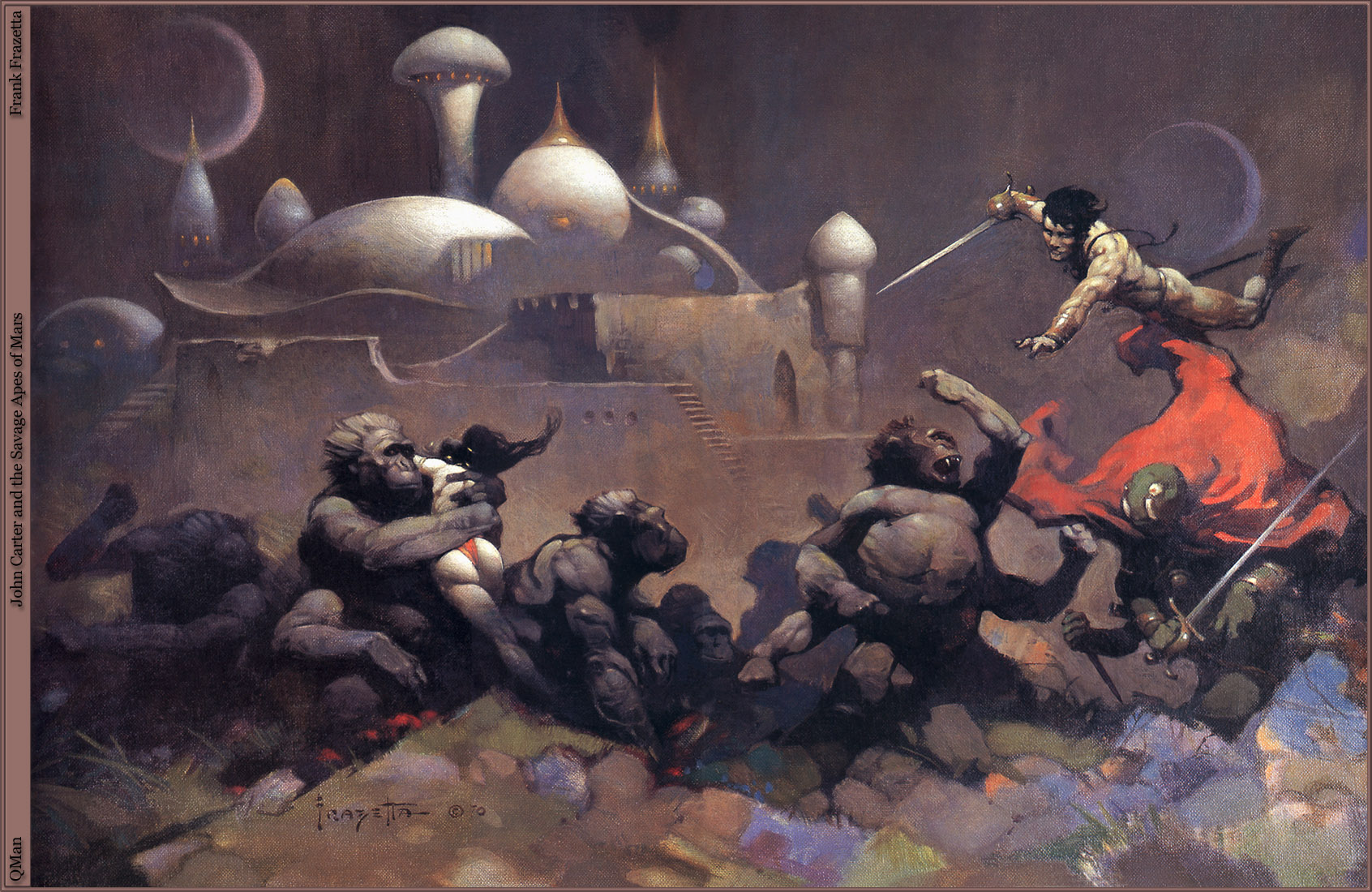Editor’s note: Last month, RogerEbert.com contributor Scout Tafoya launched a new video series titled “The Unloved,” which appreciates films that he thinks have artistic merit despite having been thrashed by critics on first release. His first installment was on David Fincher’s “Alien 3.” This new installment is about Andrew Stanton’s film “John Carter,” a lavish fantasy based on the work of Edgar Rice Burroughs.
When “John Carter” came out a couple of years ago, most critics hated it or were indifferent to it, and audiences stayed away; but it did have a few defenders, including me and Scout. We recently spent a half-hour on the phone talking about what a buoyant and sweet film it was to be so gigantic, and how the complaints that it was “derivative” of “Star Wars” and “Avatar” seemed ignorant of the fact that Burroughs wrote the original tales almost a century ago, when Mars was not just a nearby planet but a red blank slate upon which fantasies could be projected. Burroughs captured the imaginations of generations of future storytellers who cherry-picked his themes and images, and in so doing, unfortunately made them less remarkable. (Trivia note: the movie was originally called “John Carter of Mars,” but Disney dropped “..of Mars” when it became convinced that films about Mars never made money. Since “John Carter” was a box office failure anyway, I wonder what the studio executives told themselves—that if “..of Mars” had stayed in, it would’ve done even worse?)
Scout likes the movie a lot more than I do—he credits it with making him believe that anything was visually possible in movies thanks to CGI, a conclusion I’ve never quite arrived at myself—but we agree that there’s a fascinating, willed naivete to the project. It’s as Stanton and his collaborators just decided going in that nobody had ever seen anything remotely like this story before, even though everyone had. That sense of wide-eyed discovery comes through in the movie and makes it stand apart from many current fantasy epics, which tend to feel more jaded about their borrowing and recycling.
After seeing “John Carter” in a theater with my son, who was seven at the time, I told friends that it reminded me of 1978’s “Superman, the Movie.” The first big-screen outing of the Man of Steel wasn’t a towering work of art by any means, but it pulled off the minor miracle of unveiling familiar situations as if we’d never seen them, and convinced us that a simpler kind of hero could resonate with viewers who thought themselves too sophisticated to enjoy him. Wouldn’t you know it: Scout’s video cites the Superman comics as one of many works that borrowed from Edgar Rice Burroughs. It is indeed a small world—as small as Mars, or so it seems. — Matt Zoller Seitz
To watch more of Scout Tafoya’s video essays from his series The Unloved, click here.












